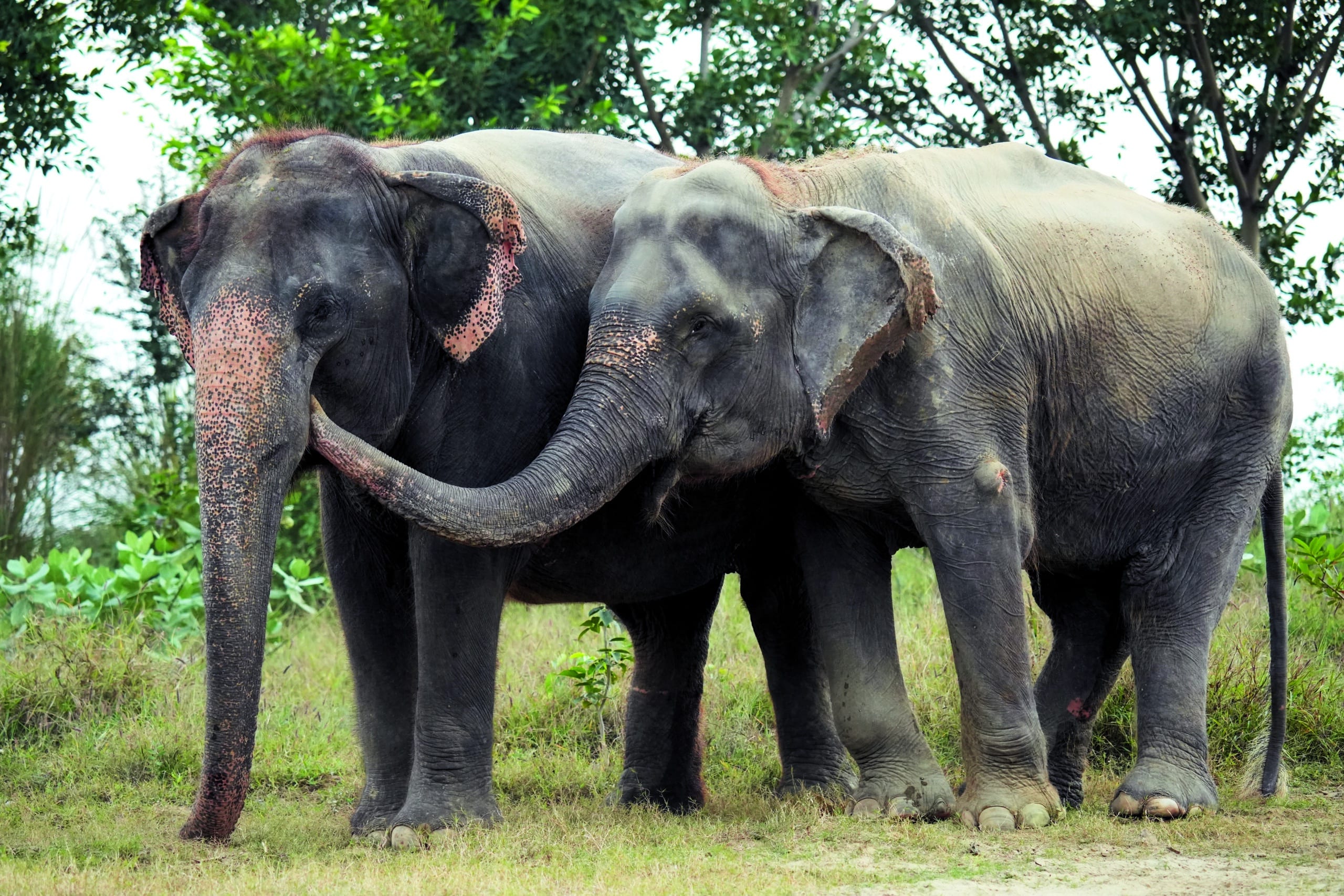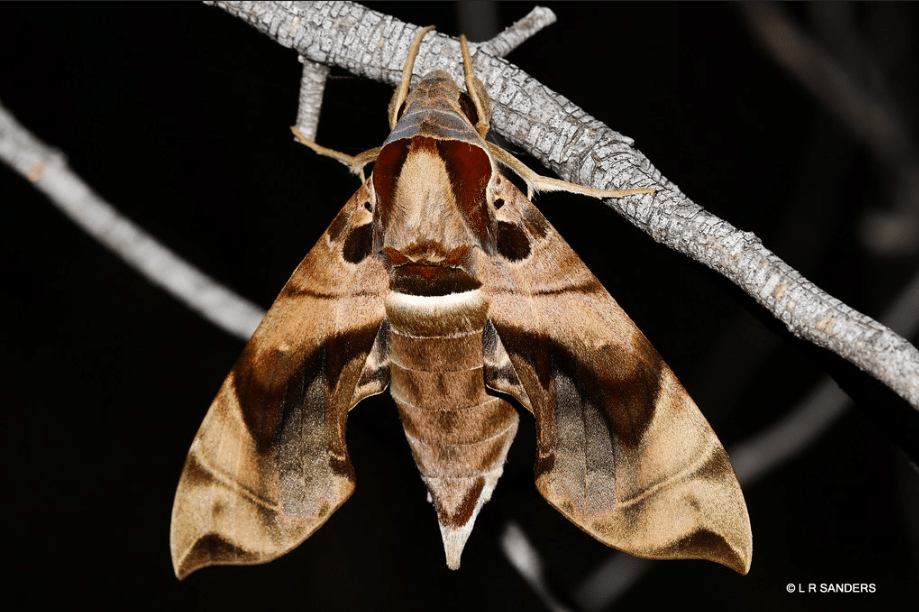You might remember Kalpana—I am happy to report that this year she celebrates her fifth rescue anniversary at Wildlife SOS. Formerly exploited and abused as a ‘begging’ elephant in Uttar Pradesh, Kalpana was rescued in 2019 and brought to the Wildlife SOS Elephant Hospital Campus (EHC) in Mathura for comprehensive...
Reports emerged this week that Kyodo Senpaku Kaisha, the Japanese whaling company, has built a new ‘mother ship’ capable of returning to Antarctica for commercial whaling.
The world celebrated when Japan stopped its commercial whale hunts in Antarctica in 2019. This followed rulings that the whaling in Antarctica was illegal in cases brought by both the Australian Government and Humane Society International.
In Humane Society International vs Kyodo Senpaku Kaisha Ltd, Australia’s Federal Court ruled that it was illegal for the company to whale in Australia’s territorial waters in Antarctica because it is a declared Whale Sanctuary under Australia’s Environment Protection and Biodiversity Conservation Act, 1999. A significant proportion of Japan’s annual Antarctic whale hunt took place in the Australian Whale Sanctuary. In 2008 the court issued an injunction for the whaling in the Sanctuary to stop, and later ruled that the company was in contempt of Australia’s Federal Court when it failed to do so.
In the case the Australian Government brought against Japan, with HSI encouragement, the International Court of Justice in The Hague in 2014 ruled that the whaling was illegal and an abuse of the loophole for ‘scientific research’ under the International Convention for the Regulation of Whaling governed by the International Whaling Commission. The IWC maintains a 40 year-old global ban on commercial whaling. With its scientific whaling ruled unlawful and harder and harder to justify, Japan subsequently left the International Whaling Commission in 2019.
Nicola Beynon, Head of Campaigns for HSI Australia says “Having had its whaling ruled unlawful and having left the International Whaling Commission, Japan no longer has the IWC fig leaf of scientific research to hide behind. If the Japanese Government were to allow Kyodo Senpaku Kaisha to go whaling in Antarctica today it would be completely rogue and outside of international law.
“In addition, the injunction Humane Society International secured from the Federal Court of Australia to stop Kyodo Senpaku Kaisha whaling in a major area of their hunting ground in Antarctica still stands.
“Humane Society International condemns the commercial whaling that the Japanese Government persists with inside its own territorial waters. Wherever it occurs commercial whaling is brutal, unnecessary and unsustainable,” concluded Ms Beynon.


